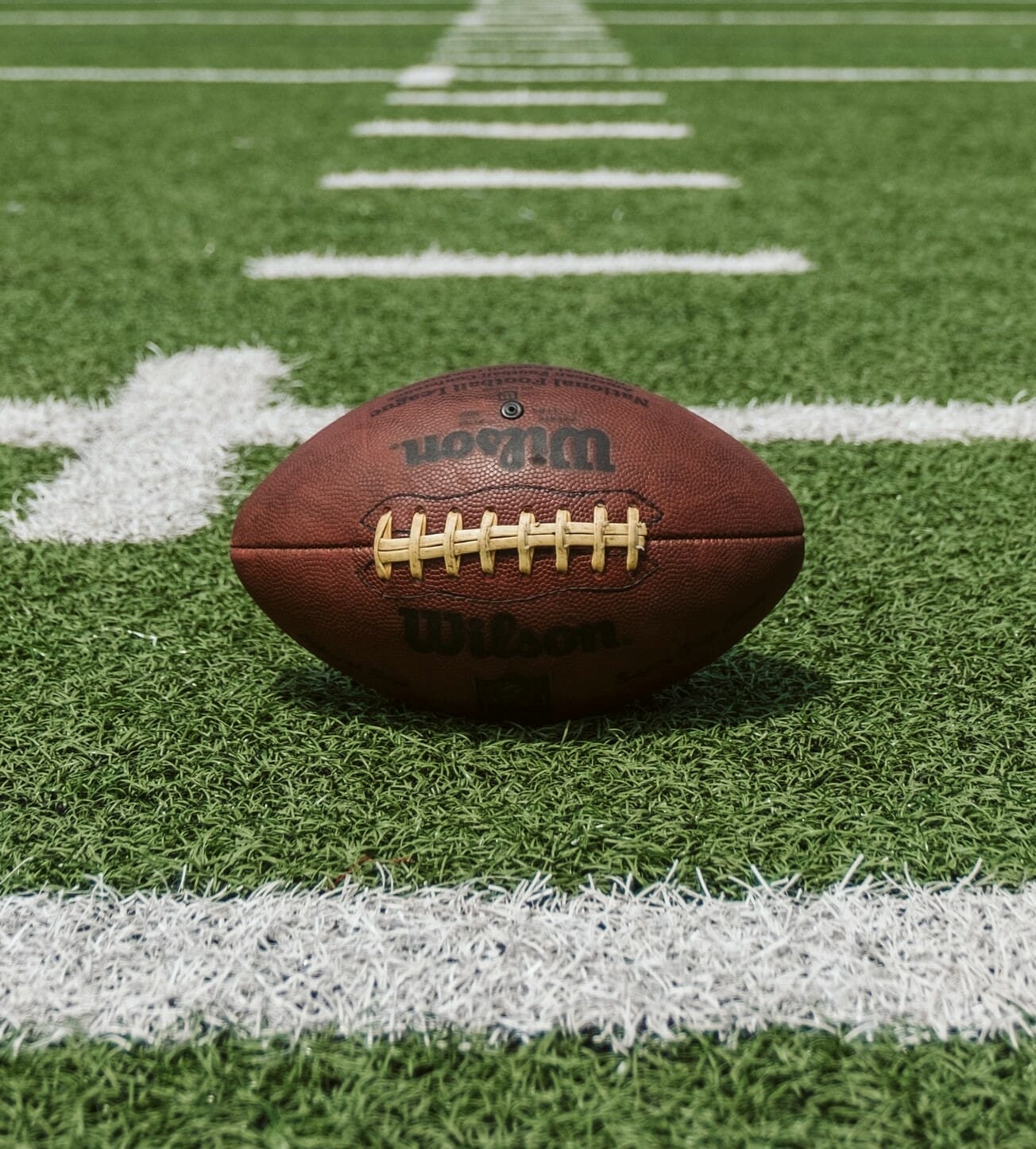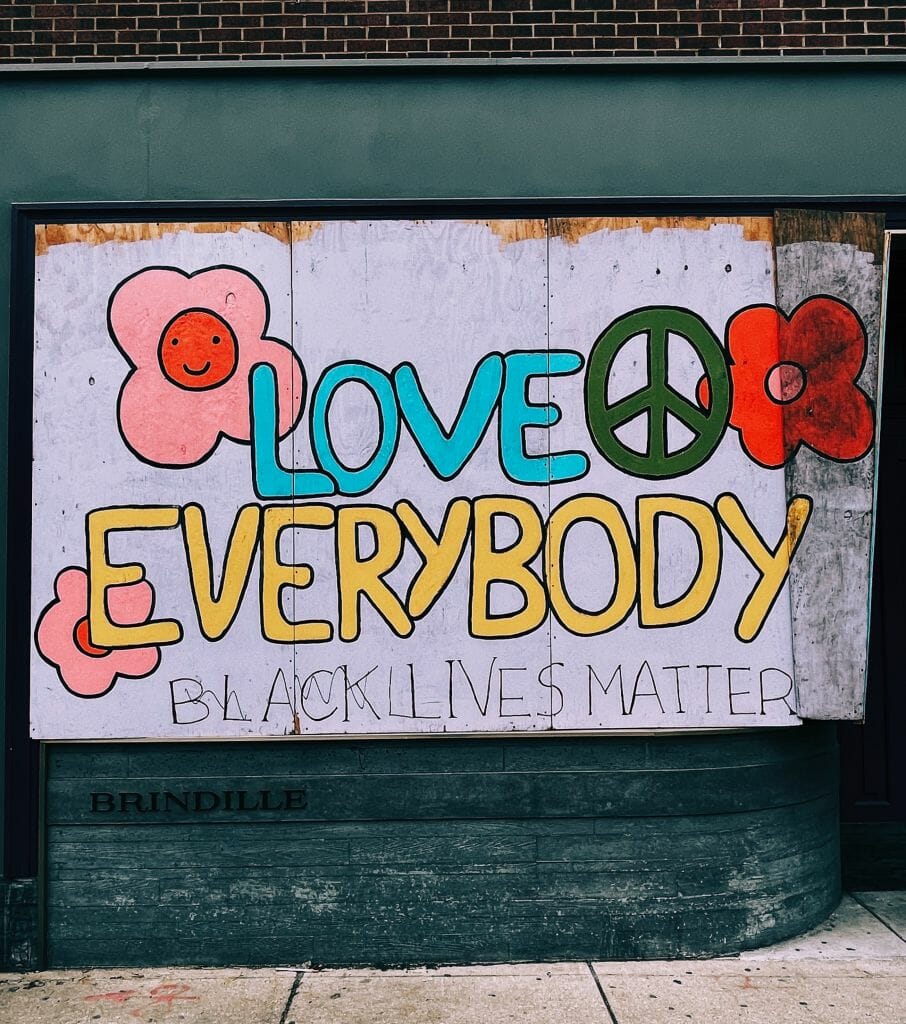
Get Off the Sidelines
Why the Rooney Rule is Necessary but not Sufficient for American Businesses
By Bob Hogan and Branden Marty, Guest Contributors
Business organizations have been addressing issues surrounding diversity, equity and inclusion for scores of years, with spotty results. The multitude of current protests and civil unrest have made it clear past attempts are insufficient. Take the NFL.
The Rooney Rule was adopted by the NFL in 2003 to address racial inequity among professional football’s head coaching ranks; it required teams to interview minority candidates for open positions. Some teams committed to the rule, like the Pittsburgh Steelers—whose owner drove the initiative that bears his name—who hired the successful Mike Tomlin. Other teams, not so much; they went through the motions, conducting insincere interviews in order to check the box. And while the outcomes remain suboptimal—the percentage of black head coaches is still low when compared to the high percentage of black players who make up the league, and the league hasn’t extended the rule to offensive and defensive coordinators, the glidepath to head coaching positions—nevertheless, the Rooney Rule has been an important imperfect first step in the right direction.
The murder of George Floyd was the match that lit the powder keg, awakening humanity to the inequity surrounding black and brown communities. To be clear, it took us all—and specifically the white population of this country—exactly 8 minutes and 46 seconds to view the tape, absorb the atrocity and begin to remove the cultural blinders we’ve worn for 400 years. That dark moment has led to a blazing movement—extending day after day, across the country and around the globe; engaging multi-racial, multi-generational protesters filled with equal parts anger and zeal.
This isn’t just about policing. We’ve all seen the data— black arrest, incarceration, and unemployment rates piled on top of inadequate access to medical care and education and, more recently, the alarming number of COVID deaths. As Jon Meacham states in The Hope of Glory, “Fact is what we see or discern; truth is the larger significance we extrapolate from those facts.” The people have extrapolated the facts and discovered the truth, finally. The truth that black and brown Americans are disadvantaged at birth. The truth that institutional barriers and cultural biases—absent systemic change—will prevent them from ever catching up.
The problem runs deep. Solving it requires more than enacting laws and changing structures to make the policing component better. The problem requires a holistic approach that connects healthcare with education with housing with employment. And that means it will require companies large and small, public and private, to join private citizens—and the officials representing them—and embark on a collaborative adventure of equity, generosity and opportunity.

American business leaders need to make Diversity, Equity and Inclusion (DEI) an imperative, not simply an initiative.
Diversity is right. Equity is right. Inclusion is right. But, DEI is not just the right thing to do; it’s the right thing to do for your business. A Deloitte study found that organizations that get DEI right see improvement in business performance, especially in the areas of innovation, collaboration and customer service. According to McKinsey, companies leading in gender and ethnic diversity were more likely to achieve above average profitability. Researchers at the consulting firm found that companies with more diverse executives were 33% more likely to see above average profits.
The “D” and “E” are pretty easy but the “I” is damn hard. You’ll need to do all three to in order to be part of the solution.

The Black Lives Matter movement is creating a surge of enthusiasm—and a subsequent demand—for equality and fairness. The people demanding it are the employees who will chose whom they want to work for; they are the consumers who will chose which product they want to purchase. What does this new and enlightened reality mean for American businesses? It means that DEI has to become a business imperative, not just another initiative or a “check the box” exercise like the NFL has seen from so many teams for so many years. Corporations and organizations need to embrace and amplify diversity, equity, inclusion and belonging—for once and for ever.
We are at an inflection point. The game has started. It’s time to get on the field. It’s time for Boards, CEOs, C-suite leaders, shareholders and business owners to make the commitment. Together, we can join with government and not-for-profit leaders to drive the change we desperately need. It will require leadership to create a culture of inclusion and to make sure those tasked with hiring talent are both empowered and accountable in the formation of a more advanced workforce.
This will not be easy. We can expect pushback from those remaining on the sidelines. The investment is long term, a clear shift from the quarter-to-quarter grip businesses find themselves under. It will take money, resources and grit to excite and educate those we employ and those across our customer segments and supply chains. Above all, it will take courageous leadership—leaders who make themselves more vulnerable, admit their mistakes and allow other opinions, ideas and identities to challenge the status quo.
Not embarking on this path will not just lead to mounting chaos and uncertainty; it may cause the destruction of the great American experiment.
Let’s take the concept of the NFL’s Rooney Rule and turn it into a righteous reality across American businesses.
With both humility and resolve, we invite you to join us on this collaborative adventure. The rewards will be abundant.
Commitment to Embrace and Amplify DEI
- We will actively pursue diversity recruiting and hiring including black, brown, AAPI, Indigenous, LGBTQ+, Military veterans, women and other groups facing barriers to meaningful employment and advancement.
- We will provide sufficient training and onboarding support to our diversity hires.
- We will train our leaders and managers to become inclusive leaders.
- And finally, we will create a culture of inclusion, providing opportunities and forums that allow voices to be heard and ideas to surface.
LET'S TAKE THE FIELD


About Our Guest Contributors:
Bob Hogan is the Founder of Bridge My Return, a Chicago-based Military hiring platform connecting service members to private sector jobs and careers. Branden Marty is the Founder of Veteran Roasters, a Chicago-based coffee roasting company employing homeless and at-risk veterans. With experience in private and public sectors, they have witnessed the impact of DEI on business performance and corporate culture, and the ensuing effect on communities. Like other business leaders and entrepreneurs, they are trying to learn more so they can do better.
